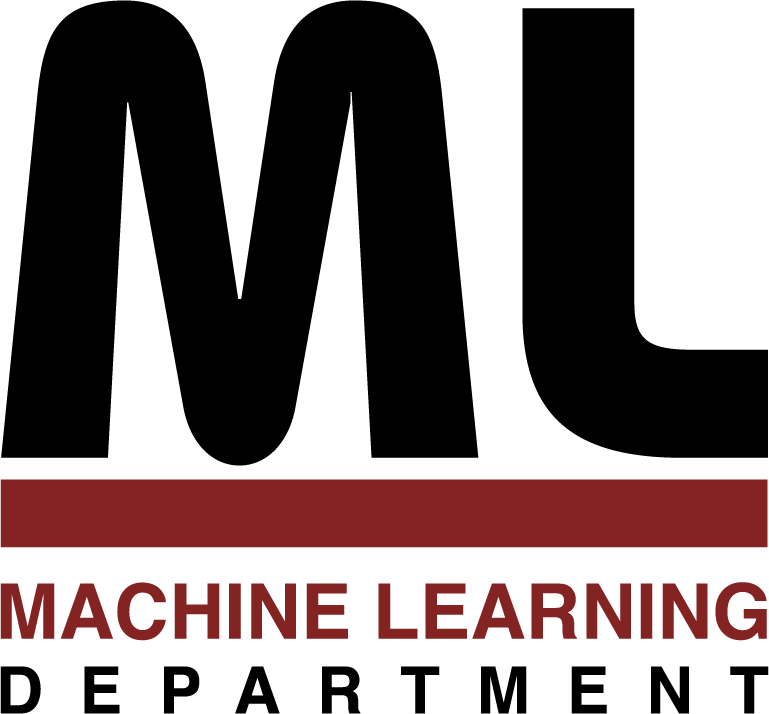
Machine Learning Department
School of Computer Science, Carnegie Mellon University
Distribution and Histogram (DisH) Learning
Junier Bárbaro Oliva
July 2018
Ph.D. Thesis
This thesis pushes machine learning past the realm of operating over static finite vectors, to start reasoning ubiquitously with complex, dynamic collections like sets and sequences. We develop algorithms that consider distributions as functional covariates/responses, and methods that use distributions as internal representations. We consider distributions since they are a straightforward characterization of many natural phenomena and provide a richer description than simple point data by detailing information at an aggregate level. Our approach may be seen as addressing two sides of the same coin: on one side, we use traditional machine learning algorithms adjusted to directly operate on inputs and outputs that are probability functions (and sample sets); on the other side, we develop better estimators for traditional tasks by making use of and adjusting internal distributions.
We begin by developing algorithms for traditional machine learning tasks for the cases when one's input (and/or possibly output) is not a finite point, but is instead a distribution, or sample set drawn from a distribution. We develop a scalable nonparametric estimator for regressing a real valued response given an input that is a distribution, a case which we coin distribution to real regression (DRR). Furthermore, we extend this work to the case when both the output response and the input covariate are distributions; a task we call distribution to distribution regression (DDR).
After, we look to expand the versatility and efficacy of traditional machine learning tasks through novel methods that operate with distributions of features. For example, we show that one may improve the performance of kernel learning tasks by learning a kernel's spectral distribution in a data-driven fashion using Bayesian nonparametric techniques. Moreover, we study how to perform sequential modeling by looking at summary statistics from past points. Lastly, we also develop methods for high-dimensional density estimation that make use of flexible transformations of variables and autoregressive conditionals.
131 pages
Roni Rosenfeld, Head, Machine Learning Department
Barnabás Póczos (Co-Chair)
Jeff Schneider (Co-Chair)
Gregory R. Ganger
Ruslan Salakhutdinov
Le Song (Georgia Institute of Technology)
Andrew W. Moore, Dean, School of Computer Science
School of Computer Science